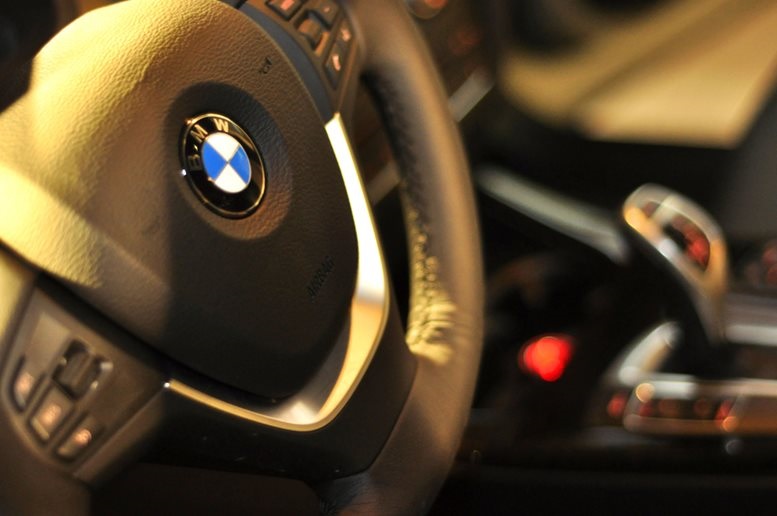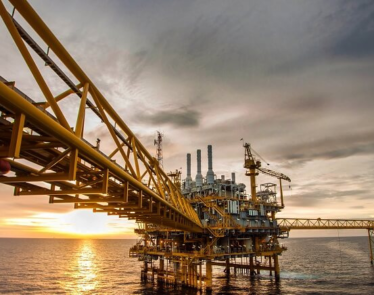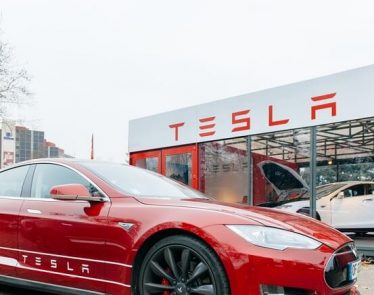
Despite previous warnings that it would make its fully electric Mini overseas, BMW (ETR:$BMW) confirmed on Tuesday that it plans to build its fully electric variant in Britain. The announcement of such plans deafened any fears that BMW might move production away from Britain due to uncertainty created by Brexit.
Electric drivetrains for the new fully electric Minis will first be built at two plants located in Bavaria, Germany, before being shipped to the UK. Specifically, the team detailed that the electric drive trains will be “integrated into the car at Plant Oxford, which is the main production location for the Mini three-door model.”
This decision comes with some surprise, as BMW was always in strong opposition of Brexit, noting that Britain’s separation from the EU could negatively impact the company’s “employment base” in the UK. They also added that the uncertainty was “not helpful when it comes to making long-term business decisions”.
As the exterior of the electric version is very similar to that of the current 3 door model, minimal alterations will have to be made to the UK assembly line at Cowley in Oxfordshire. Production of their vehicles are expected to commence in 2019.
Having owned Mini since 1994, BMW produces all but two of the brand’s models in Oxford. The other two models are manufactured in the Netherlands, which already produces hybrid versions of the mini, and was another manufacturing location that BMW was considering to produce their fully electric Mini at.
Currently, all of BMW’s electric motors and battery packs for its electric vehicles are being produced in Germany, Dingolfing, and Landshut.
In an effort to convince car makers to manufacture electric vehicles in the UK, Secretary of State for Business, Greg Clark, held discussions with BMW and Peugeot, where the latter’s Vauxhall plant at Ellesmere Port was also brought to attention.
According to people close to the matter, Clark had to travel to Munich twice before BMW solidified their decision.
For car manufacturers Nissan and Toyota, letters were sent out from the UK government, assuring them that their British facilities will still remain competitive prior to their decision to continue with investments.
However, according to sources with knowledge of the discussions, no letter of assurance regarding trading conditions after Brexit were ever sent to BMW. Leading up to the referendum, BMW had issued warnings to their workers that a vote to leave the EU could unfavourably impact its trading conditions.
The letter explained, “More than half of Minis built and virtually all the engines and components made in the UK are exported to the EU, with over 150,000 new cars and many hundreds of thousands of parts imported from Europe each year.”
“Tariff barriers would mean higher costs and higher prices and we cannot assume that the UK would be granted free trade with Europe from outside the EU.”
In a statement that seemed more of a veiled warning, BMW notifies its workers of high tariff potential due to the UK-EU border, explaining that leaving the EU could disrupt supply chain processes leading to increased costs. Not to mention the UK alone accounts for one fifth of global Mini sales.
Featured Image: Depositphotos/© imagestock







